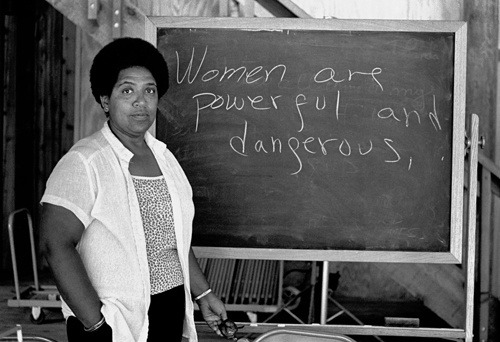
I have these really beautiful bronze book darts that Dylan and Bridget gave me for Christmas. Later my friend Brendan gave me a package when he came back from a trip to Montreal and I added those to my collection. They are from this stationary shop in Montreal but I think you can also get them elsewhere. There is nothing about them that I don’t love.
Maybe some people use these as their main book annotating device but I feel like they are very precious and so I use them sparingly, according to the instructions printed on the back of the package: “An exact linemarker for any line worth finding.” I try to limit myself to one, sometimes two per book. I like the idea of coming back to a book when I’ve mostly forgotten the details to see which single annotation I put above all the others by marking it with a metal dart instead of just a pen.
This one is from a few weeks ago (comps reading):
The dogged, defensive narrative stiffness of a paranoid temporality, after all, in which yesterday can’t be allowed to have differed from today and tomorrow must be even more so, takes its shape from a generational narrative that’s characterized by a distinctly Oedipal regularity and repetitiveness: it happened to my father’s father, it happened to my father, it is happening to me, it will happen to my son, and it will happen to my son’s son. But isn’t it a feature of queer possibility–only a contingent feature, but a real one, and one that in turn strengthens the force of contingency itself–that our generational relations don’t always proceed in this lockstep?”
– Eve Kosofsky Sedgwick, “Paranoid Reading, Reparative Reading,” in Touching Feeling: Affect, Pedagogy, Performativity (2003)


